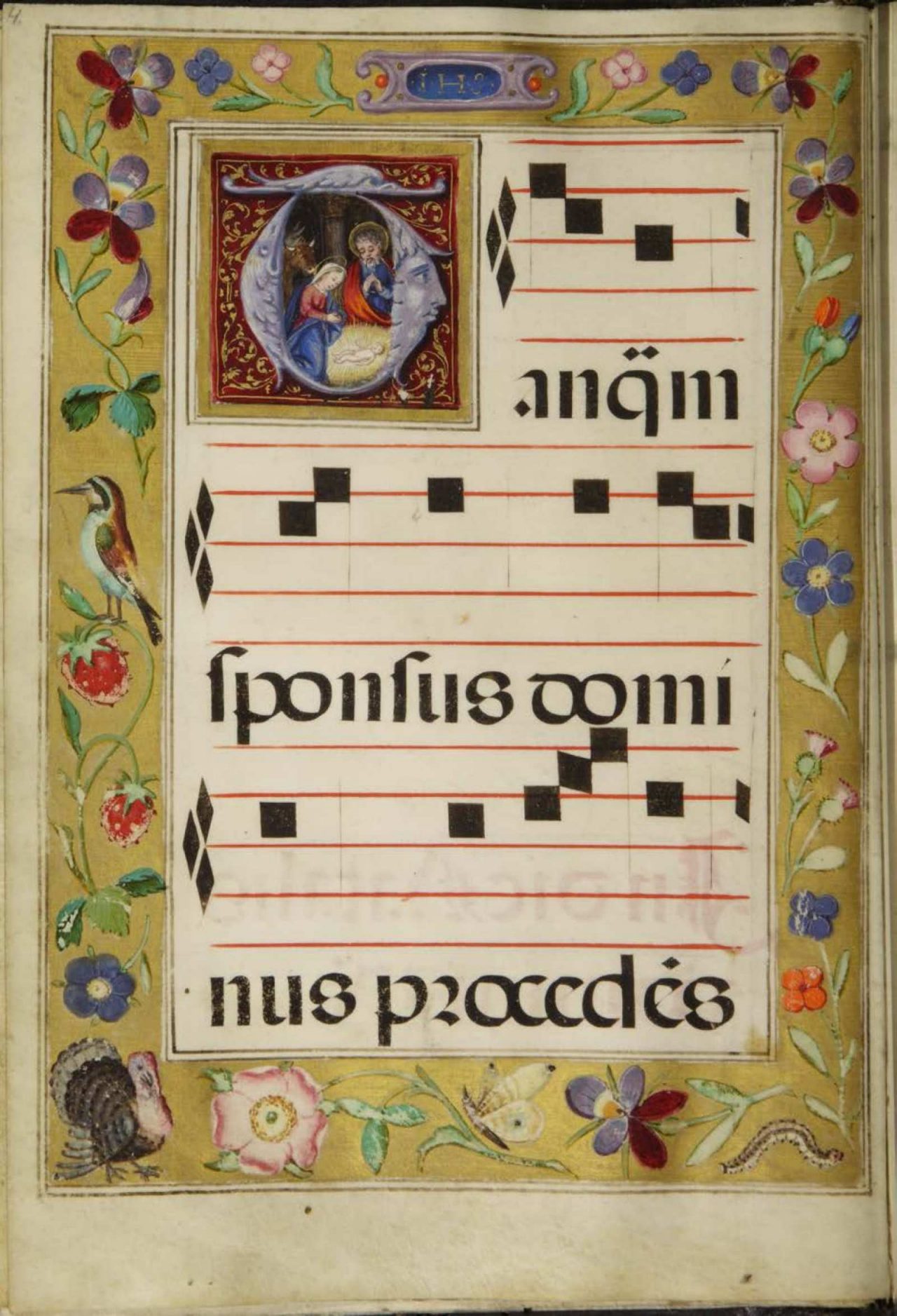Special Collections
Highlights from the collection
Use special collections for your teaching or research
Our extensive range of special collections can enhance academic teaching and research, providing unique and valuable resources that enrich learning experiences and drive innovative scholarly exploration.
Give to the Library
Make an enduring contribution to the future of scholarship.

Contact
We're here to help, online or in person